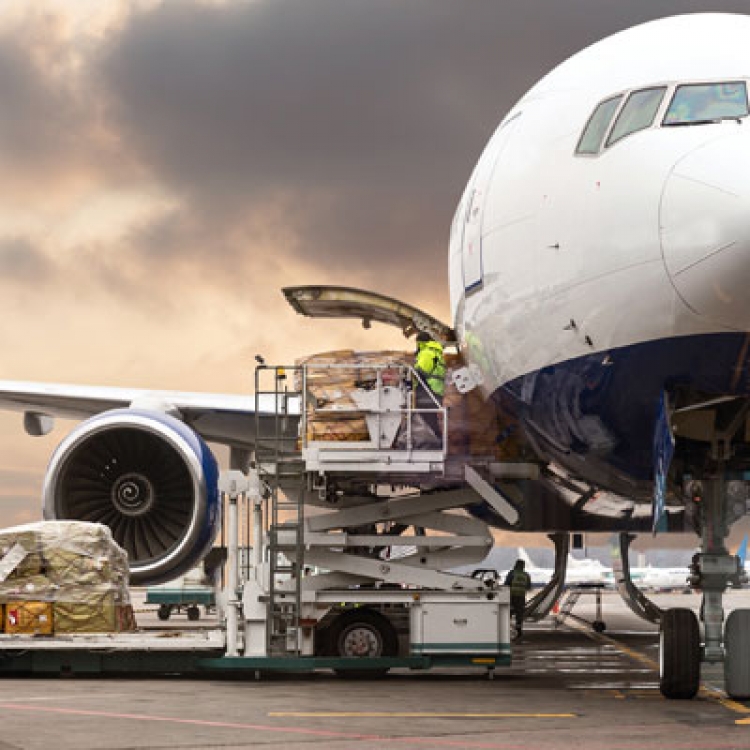Supply chain risk and its global implications

AIR Worldwide, A Verisk Business
The International Monetary Fund (IMF) estimated world economic growth of 2.9% in 2019, which is the slowest pace since the global financial crisis of 2008-2009. Last year’s deceleration in global growth is attributed to U.S.-China trade tensions, slowing demand in China and India, weaker macroeconomics in emerging markets, and the evolving situation of Brexit.
In a closer look at the United Kingdom, the country has enjoyed strong trade ties with the European Union, so changes to its trade agreements can have a strong influence not only on its own value chains but also on trade with China and the United States.
For insurers or reinsurers, the potential shifts in trade patterns signify possible changes in their exposure footprints across several industries. Mitigating these macro-economic developments and the resulting impact to an insurer’s book of business is key to ensuring sustainability.
The United Kingdom is one of the top twenty global importers of iron and steel. These materials contribute to 74% of all manufactured products, so the supply disruption would affect many industries. The most likely industries to be distressed by a shortage of iron and steel are shown in Figure 1 and summed to £115 billion (USD 147 billion) worth of exports for the United Kingdom in 2017.
The top industry that uses iron and steel manufactures transportation products, including planes, trains, and automobiles. The UK imported 65% of its iron and steel from fellow members of the EU, with the most (17%) coming from Germany. Its other sources for iron and steel were China, at 13%, and the United States, at 4%.
